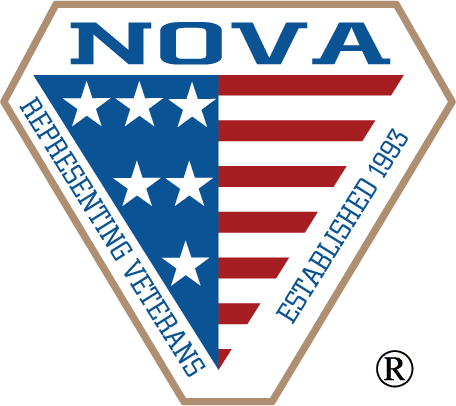If you are appealing your VA disability claim to the Board of Veterans’ Appeals, you have a decision to make on the best method to present your appeal to maximize your chances of a favorable outcome. You need to balance that with the time it will take for the appeal to make its way through the appeals process.
In our last article, we talked about the first decision you must make, which is whether you need a hearing at the Board of Veterans’ Appeals before a Veterans Law Judge.
If you decide that a hearing is needed, you have three options available to you on the VA Form 9. Those options are:
- An in person hearing in Washington, D.C.,
- A video conference hearing at your local Regional Office, or
- A live hearing in person with a judge at your local VA Regional Office also known as a Travel Board Hearing (these are scheduled several times throughout the year at your Regional Office, so this option may take a bit longer to schedule).
On the VA Form 9, VA tells you the potential delay associated with each option available to you at the Board of Veterans’ Appeals.
Board of Veterans’ Appeals Hearing in Washington, D.C. or by Videoconference
There are two hearing options that are quicker than a Travel Board hearing. The first option is an in person hearing in Washington, D.C. before a Veterans Law Judge.
There’s nothing special or magical about having the hearing in Washington. I am not aware of any statistics that show a higher win rate for veterans who utilize this option.
Unless you’re local to the D.C. area, generally it is not advisable that you travel across the country to utilize this hearing option given the expense and effort involved. That is because the VA has other options available to you that will allow you to have an in person hearing.
Videoconference hearings
One of those options that is attractive to many veterans and their attorneys is a videoconference hearing. You will only have to travel to your nearest VA Regional Office, where you will testify via a video feed to Washington.
You, your attorney, and the Veterans Law Judge should be able to communicate much in the same way you would if you were all sitting in the same room together. Of course, it is not quite the same. Some veterans feel as though they have a harder time making a personal connection with the judge through the video. While that is understandable, usually a judge is going to base his or her decision on the evidence and testimony rather than what he would have gained otherwise from a person to person meeting.
This option still has delay associated with it. But, you can usually get to a hearing much faster than a Board of Veterans’ Appeals Travel Board hearing. Of course, some veterans prefer to wait and do it all in person.
Board of Veterans’ Appeals Travel Board Hearing
The third option is the one many veterans would prefer, except that it can create significant delay in getting to a hearing and getting a decision on your appeal. The Veterans’ Law Judge will travel to your local Regional Office and conduct the hearing in person.
You will be sitting in the same room as the judge. You may like this option if you feel the judge needs to see your disabilities in person.
Which Board of Veterans’ Appeal Hearing Option Is Right for You?
If you still need evidence to win your appeal, you may not want the fastest hearing option available. Instead, you may want to buy yourself some time to gather the evidence you need before your 
In those situations, you may choose to go with the Travel Board option. The good news is that you can always change that selection later once you have the needed evidence to one of the other hearing options to speed up the process. The Board of Veterans’ Appeals will send you a “90 day letter” once your appeal is in the system. In that letter they will advise you of your right to change to another hearing option, but you only have 90 days from the date of the letter to make that election.
And remember, it may be that you don’t need a hearing at all. But, it is always safer to select a hearing option and then cancel it later if you clearly don’t need it.
The Type of Hearing Is Not the Most Important Thing
What you present at the hearing, rather than the format of that hearing, is what matters most. Don’t stress too much over which Board of Veterans’ Appeals hearing option is right for your case. Focus more on gathering the evidence you need to present a winning case.
That said, the type of evidence you need and how long it will take you to get it should factor into the hearing choice you make. A veterans disability attorney can help you with these decisions.
If you have questions about your veterans disability appeal, feel free to contact us for a free consultation. We are more than happy to see if we might be able to help you with your claim to get the benefits you deserve on account of your service to our country.








